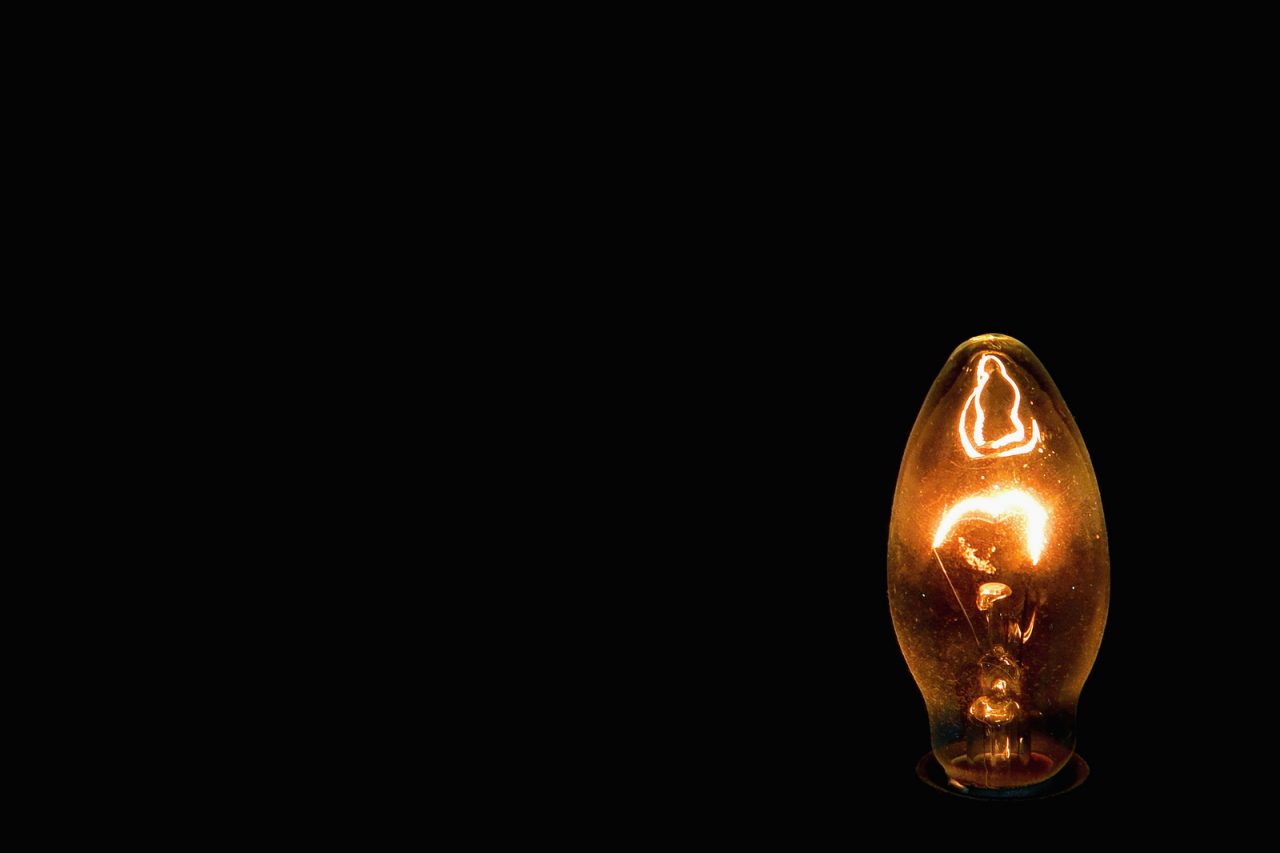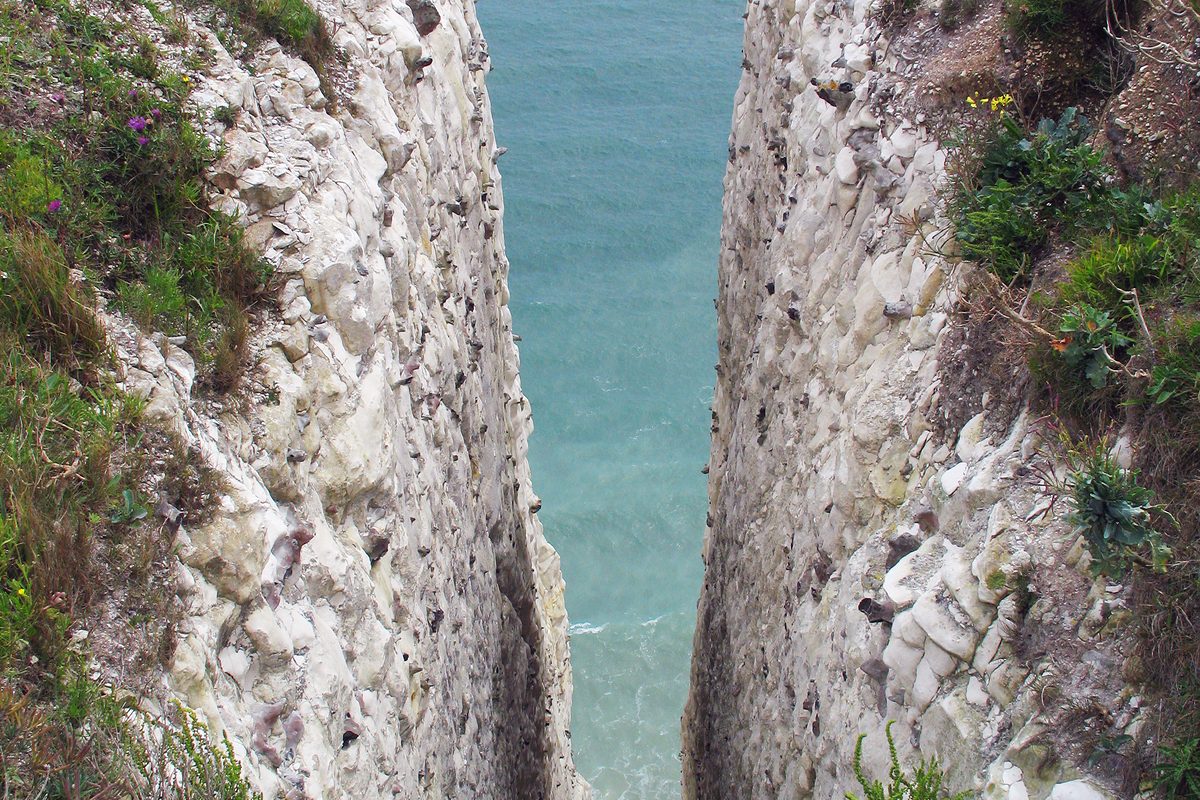A bear ate Big Plop. I do not mean a symbolic metaphysical beast representing disease and tragedy; a meat and potatoes, muscle, fur and fang, 10-foot-tall mammal, devoured him. Big Plop finished gnawing on a rib of caribou with side of wild yam, which took a while because he had only three teeth, and then he hobbled away from the fire, his 23-year-old leg bent from a snake bite when he was three, walked behind a tree to relieve himself, modesty just becoming the norm, along with his fashionable loin cloth, and wham-o. Big Plop was eaten by a bear.
Now, I never met Big Plop, there being 12,400 or so years between his birth and mine, although I do suspect one of my wife’s relatives to be a direct descendent, but I have considered his hasty fate. Wake up, feeling fine, have a gourmet meal with family, head to el banjo and you are gone. No doctors, hospitals, anxiety, planning, insurance battles, precertification, crippling bills, Internet searches, family dysfunction or prolonged suffering. A simple end, which did not even require hospice. Did this “primitive” man know something we do not?
The average man will have his terminal disease for three years, the average woman five. The 20th Century saw a dramatic transformation from short life, short disease, quick death, to longer life, but years of chronic illness. In 1900 we died of childbirth, trauma or sudden infection; now we linger with heart disease, degenerative conditions, degrading dementias and of course the dread illness, cancer. It strikes me that while the physical science of medicine has undergone a revolution, mentally we are still wearing deerskin, shivering in the darkness and expecting, at any moment, to be consumed.
The psychology of fight, flight or dinner is very different from the downward cycle of disease, heal, relapse, complication, new disease, partially heal, complication, rehab, etcetera. In the old world, you could be assured that if you felt healthy, you were. If there was not something actively chewing on your foot, then all was good. Sure, there could be another battle, just around then bend, but for now you were fine.
In the modern era, a cancer “survivor”, or a patient with any chronic or potentially relapsing illness, must find a way to cope with the constant burden of the disease’s cold shadow. This is not a natural human instinct, reared as we were for thousands of years on a crisis model. Because we do not cope well with the continued presence of the bear’s paw on our shoulder, this can lead to a range of dysfunction including depression, anger, confusion, social isolation, loss of hope and debilitating labile anxiety which flares whenever there the slightest suggestion of physical malfunction. Even a bug bite, a simple cold or a sprained ankle, releases the fear that the disease may have returned.
There are myriad ways in which we adjust to the “beast in the room.” We fight hard to regain strength and health. We become experts in “our” illness and get the finest care. We distract ourselves with work, friends, family and good deeds. We take up hobbies, travel, learning, teaching, giving or reading. Nonetheless, at other times we malfunction and take up drugs, booze, fractured relationships, failed jobs, poly-pharmacy, over-testing, overtreatment and may become overwhelmed by the specter of disease. Mentally designed for sudden battle, we may be depleted by drawn out war.
I strikes me that perhaps the most important lesson is to be aware that no matter how hard you try, it can be very difficult to cope with threatening or chronic illness. This is natural. You are not nuts or weak or at fault. We are not mentally designed to survive, but we do. Therefore, sometimes, things are going to emotionally fall apart. Take a deep breath. Give yourself a break. It will pass.
You have the strength to rebuild and find hope, happiness and laughter. While you are at times frail, you can be incredibly strong. You can handle the bear because you are simply human.







7 Comments